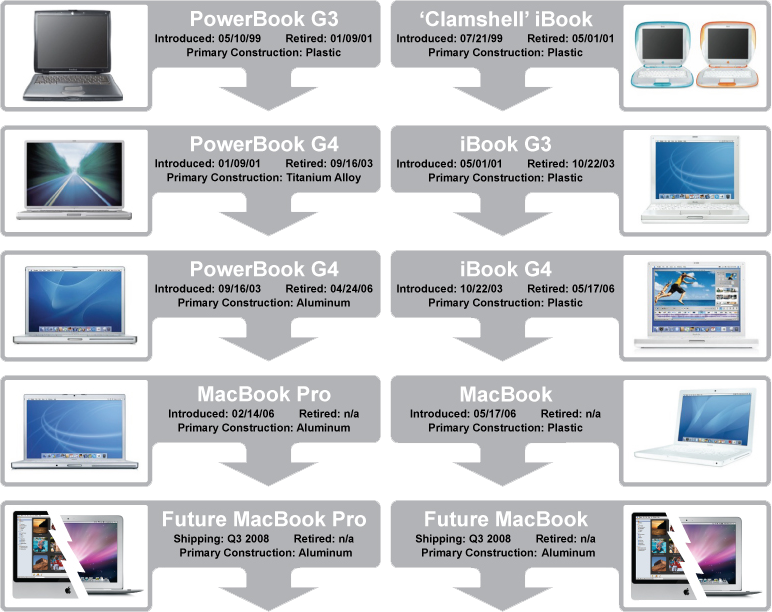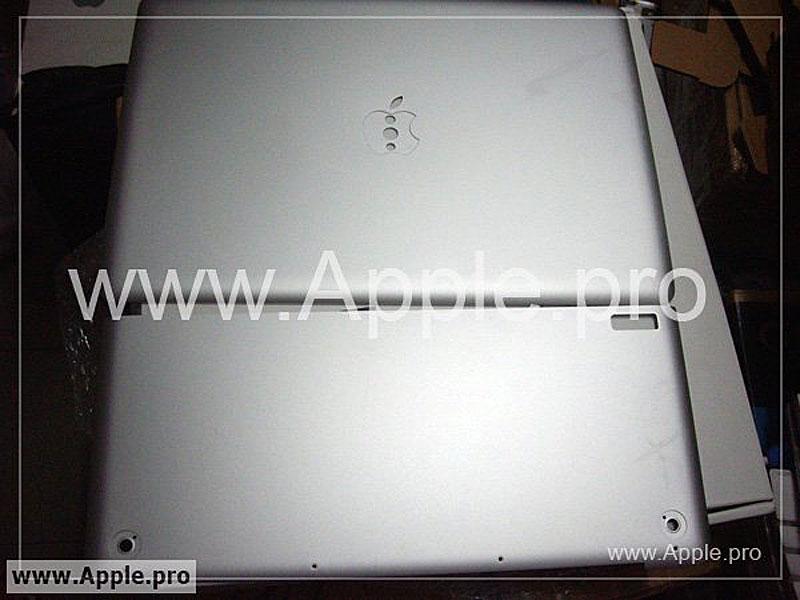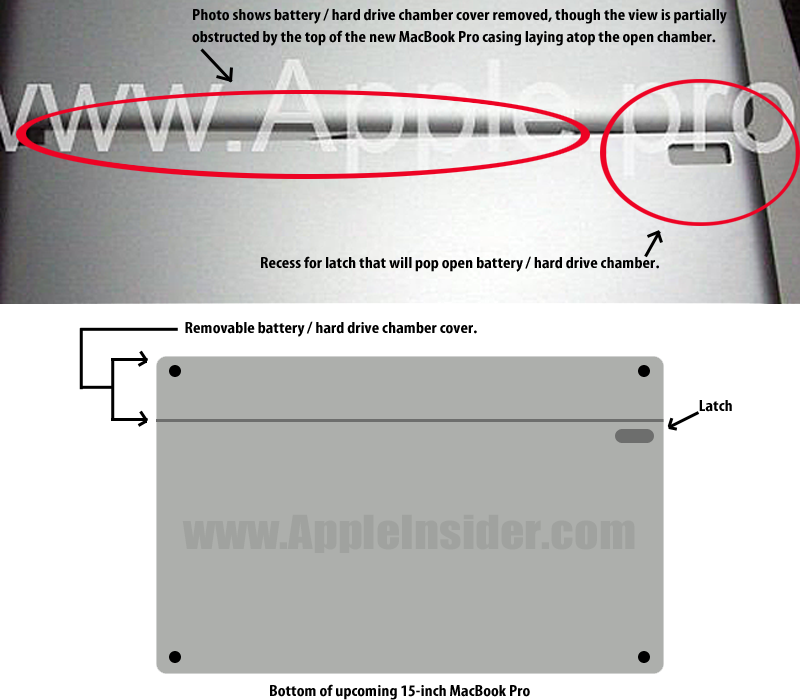Apple's next-gen Macs to have something special under the hood
As part of its move to Intel chips in early 2006, the Cupertino-based company largely abandoned its practice of using custom motherboard chipsets to support the primary CPU in its Macs. Instead, it began to rely on slightly tweaked versions of industry-standard chipsets offered by Intel to the broad range of PC manufacturers that develop Intel-powered systems.
For instance, while Apple's existing line of MacBook and MacBook Pro notebooks are unique in that they run the Mac OS X operating system, they're architecturally based on the same run-of-the-mill processors and chipsets from Intel's Santa Rosa mobile platform also employed by Windows-supporting rivals, such as Dell and HP.
However, with Apple striving to maintain Mac sales growth of more than two times the industry average, it's again looking to differentiate the architecture of its personal computer systems through alternative technology that will afford it an advantage beyond the reach of its competition.
As such, people familiar with these plans say an upcoming generation of Macs, lead by a trio of redesigned notebooks, won't adopt the Montevina chipset announced as part of Intel's Centrino 2 mobile platform earlier this month. What's more, those same people suggest the chipset employed by the new wave of Macs may have little or nothing to do with Intel at all. (This should not be confused with the primary CPU, which will continue to come from Intel.)
Exactly what alternative Apple has chosen remains unclear. However it's believed that Intel, which declined to comment for this story, would need to have established a licensing agreement with the firm responsible for manufacturing an Intel-compatible chipset, be it Apple or one of the company's third party suppliers.
Assuming the chipsets in the new Macs are not based on Intel technology, that would leave Apple with only a handful of viable options. The company could return to a practice common during the years of PowerPC-based Macs in which it developed proprietary chipsets to support the primary processors in its systems.
Another option is that Apple could forge a relationship with one of the other established third party chipset manufacturers, such as NVidia, AMD or Via, in a move that would allow the company to build its next-generation systems using technology cherry-picked from the best of both worlds.
A move by Apple away from Intel chipsets may also be tied to concerns over the power-hungry nature of the chipmaker's more recent mobile chipsets. The Mac maker has been working to reduce the size and weight of its notebook offerings while simultaneously extending battery life and introducing new features not accessible to its rivals.
During a recent quarterly conference call, Apple chief financial officer Peter Oppenheimer uncharacteristically made references to ongoing investments in new product technologies that would pressure the company's profit margins but leave competitors scrambling by the side of the road.
"We have some investments in front of us that I can’t discuss with you today where we’re going to be delivering state of the art new products that our competitors just aren’t going to be able to match," he said, "and as a result, I would see gross margins being about 30 percent and that’s – that’s all I can tell you at this point."
Since Apple's new Mac notebooks aren't necessarily following the same rollout schedule as competitive offerings based purely on standard Centrino 2 components, people familiar with the next-generation systems say it will be at least another 6 to 8 weeks before the company makes an official announcement.
Apple recently de-committed on notebook inventories for a two-week period to retail partners such as Best Buy, which spurred speculation of imminent upgrades. The move, however, is believed to be a result of orders related to the ongoing educational buying season, which typically puts a strain on Mac supply for a period of several weeks each year beginning in mid July.
 Kasper Jade
Kasper Jade













 Mike Wuerthele
Mike Wuerthele
 Malcolm Owen
Malcolm Owen
 Chip Loder
Chip Loder

 William Gallagher
William Gallagher
 Christine McKee
Christine McKee
 Michael Stroup
Michael Stroup
 William Gallagher and Mike Wuerthele
William Gallagher and Mike Wuerthele







